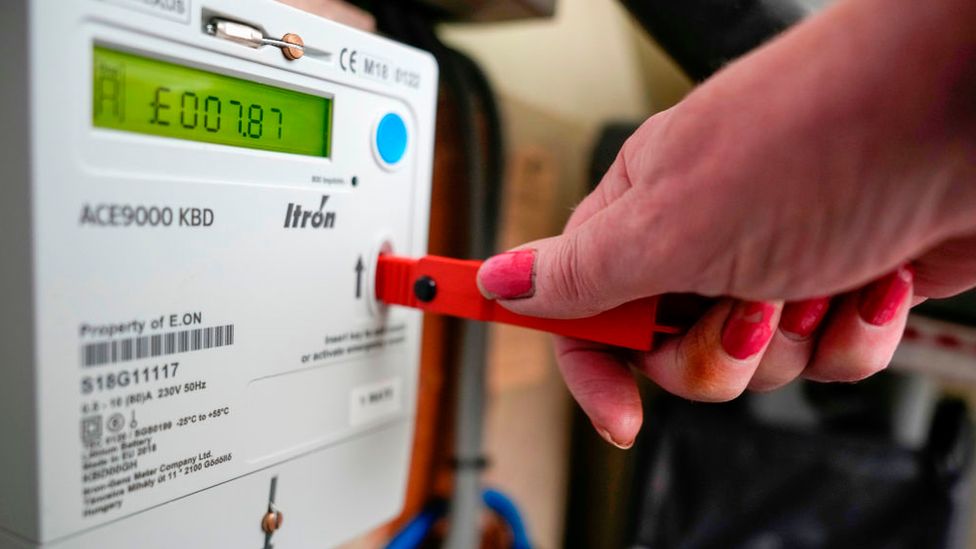ARTICLE AD BOX
 Image source, Getty Images
Image source, Getty Images
The number of compensation payouts made to people wrongly put onto prepayment meters is "completely unacceptable", the energy secretary has said.
Just 1,500 out of 150,000 people assessed have had financial redress from energy suppliers who forced-fitted the meters into their homes.
Claire Coutinho said she had spoken to the regulator to sort compensation payouts "as soon as possible".
The final compensation total is expected by the end of June.
Energy regulator Ofgem confirmed that about 150,000 cases had been "reviewed" and so far, 1,502 customers had been paid £342,450 between them, with suppliers setting aside a further £200,000 for another 1,000.
The exposure of the practice led to a public outcry.
Ofgem told all energy suppliers to review cases of people who were forced onto prepayment meters between the start of 2022 and the end of January 2023 to assess whether they required compensation.
Asked on Sunday with Laura Kuenssberg if the government was "abandoning" thousands of people due to the small number of compensation payouts to date, Ms Coutinho replied: "No, absolutely not."
She said the situation was "completely unacceptable", adding she had spoken to Ofgem, who are overseeing compensation, to "make sure that people can get the compensation as quickly as possible".
Ofgem told the BBC it was working with suppliers to "make sure they identify all eligible consumers and pay appropriate levels of compensation promptly".
It said it expected to update the number of cases where redress has been paid in the summer.
There are more than four million UK households on prepayment meters.
For years, energy companies were able to force-fit prepayment meters into homes when bills went unpaid.
The practice was halted when British Gas was exposed last year, but various suppliers have recently been given permission to resume the forced fitting of prepayment meters under stricter rules.

 11 months ago
55
11 months ago
55








 English (US) ·
English (US) ·